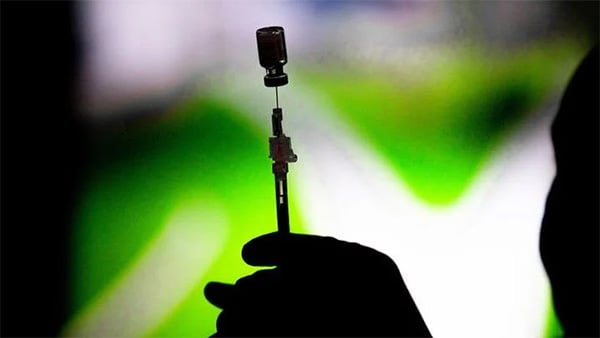By Tom Latek
Kentucky Today
The number of measles cases continues to rise in Kentucky, as well as throughout the United States, prompting federal, state and local public health agencies and advocates to continue to call for people to get vaccinated.
The Washington-based Partnership to Fight Infectious Disease (PFID) said in a statement, “The U.S. needed less than seven months this year to break a record it never should have, totaling 1,288 confirmed measles cases for 2025. That’s the most U.S. measles cases in a year since 1992 and most since the disease was declared nationally eradicated in 2000. Experts caution the actual count is likely much larger than the confirmed total.”

They note the high case count represents an alarming low in today’s fight against vaccine-preventable disease. “The rise in misleading claims about vaccine safety and benefits and resulting skepticism have spurred a dangerous decline in the country’s immunization rate, contributing to this dangerous inflection point.”
According to the U.S Centers for Disease Control and Prevention, 92 percent of people infected by measles in 2025 have been unvaccinated or unsure of their vaccination status.
The PFID points out, “That’s how it’s contracted, spread and most severe. None of the three Americans who have died from measles this year, including two school-age girls in Texas, were vaccinated. Those who forgo the MMR vaccine, particularly for their children, risk complications far more severe than just a rash or fever.”
A dozen confirmed measles cases have been reported in Kentucky, so far this year. The Lexington-Fayette County Health Department says nine of them have been connected to an outbreak in Fayette and Woodford counties.
“This year is far from over, and as it continues, so too will the number of measles cases in the U.S,” the PFID warns. “As infections and severe outcomes persist, we call on health leaders and policymakers to encourage people to protect themselves and others through vaccination. The science supporting the benefits of vaccination is clear, particularly for measles, as the recommended two doses of the MMR vaccine are 97 percent effective at preventing infection.”
The group adds, “We do not need more infections, hospitalizations or deaths to demonstrate the clear risks of remaining unvaccinated and contracting measles. We also must reject attempts to undermine the childhood immunization schedule. A less vaccinated America is a more vulnerable America.”

















